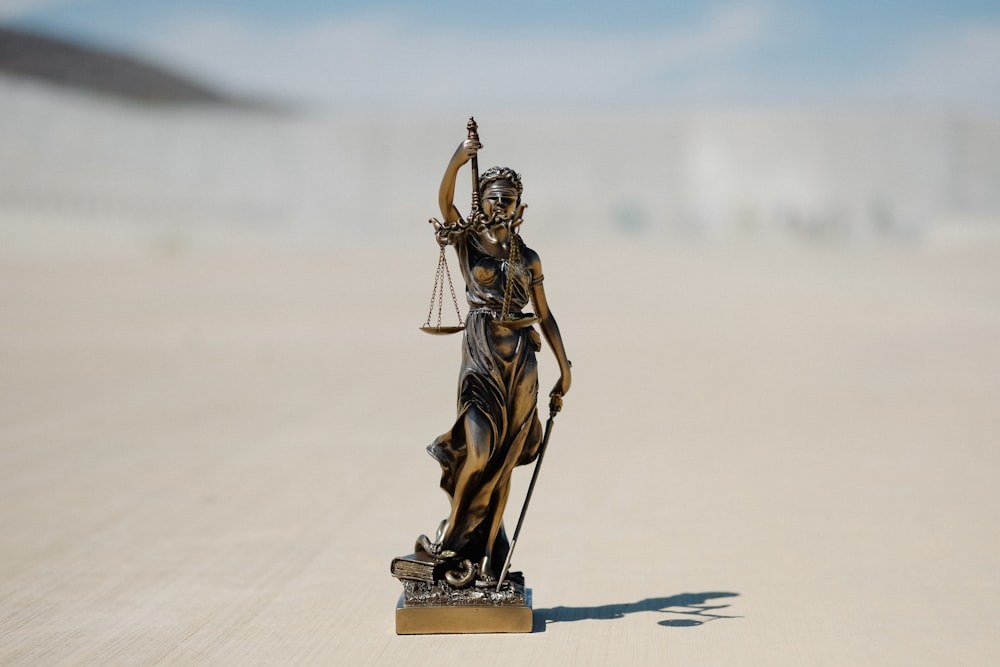Introduction: Understanding Slander Lawsuits
Slander lawsuits, a subset of defamation claims, are legal actions pursued by individuals who believe their reputation has been harmed by false spoken statements. In this article, we delve into the intricacies of slander lawsuits, exploring the nature of defamation claims and the judicial proceedings involved.
Defamation: The Basis of Slander Lawsuits
Defamation, whether in the form of spoken (slander) or written (libel) statements, occurs when false statements are made that harm an individual’s reputation. Slander lawsuits specifically address defamatory statements spoken by one party to another, resulting in damage to the subject’s character or standing in the community.
Elements of Defamation Claims
To prevail in a slander lawsuit, the plaintiff must typically prove several key elements. Firstly, they must demonstrate that the statement was false and made with malicious intent or reckless disregard for the truth. Additionally, the statement must have been communicated to a third party, causing harm to the plaintiff’s reputation.
Judicial Proceedings in Slander Lawsuits
Slander lawsuits follow a series of legal proceedings aimed at resolving the dispute between the parties involved. Typically, the plaintiff initiates the lawsuit by filing a complaint or petition, outlining the alleged defamatory statements and the resulting damages. The defendant then has the opportunity to respond, either admitting or denying the allegations.
Discovery Phase and Evidence Gathering
During the discovery phase of a slander lawsuit, both parties exchange information and evidence relevant to the case. This may include witness testimony, documentary evidence, and other materials supporting each party’s claims. Depositions, sworn statements taken under oath, may also be conducted to gather additional evidence.
Legal Defenses Against Slander Claims
Defendants in slander lawsuits have several potential legal defenses at their disposal. Truth is a complete defense to defamation claims, meaning that if the allegedly defamatory statement is proven to be true, the defendant cannot be held liable. Other defenses may include privilege, consent, and lack of malice or intent to harm.
Burden of Proof and Damages
In slander lawsuits, the burden of proof rests with the plaintiff, who must establish the falsity of the statements and the resulting harm to their reputation. If successful, plaintiffs may be entitled to various forms of damages, including compensatory damages for loss of reputation, emotional distress, and punitive damages intended to punish the defendant.
Settlement and Resolution
Many slander lawsuits are resolved through settlement negotiations between the parties, avoiding the need for a lengthy trial. Settlement agreements may involve monetary compensation, retractions or apologies, and other terms mutually agreed upon by the parties. However, if a settlement cannot be reached, the case may proceed to trial for adjudication by a judge or jury.
Preventing Slander Claims: Best Practices
To avoid the risk of facing slander lawsuits, individuals and organizations should exercise caution when making statements about others. Verifying the accuracy of information before sharing it and refraining from making false or defamatory statements can help mitigate the risk of legal action. Additionally, maintaining open lines of communication and addressing grievances promptly can prevent misunderstandings that may lead to defamation claims.
Conclusion: Navigating the Complexities of Slander Lawsuits
Slander lawsuits present complex legal challenges for both plaintiffs and defendants. By understanding the nature of defamation claims, the elements of proof required, and the legal defenses available, individuals can navigate these legal proceedings with greater clarity and confidence. Ultimately, resolving slander disputes through fair and equitable means serves to uphold the principles of justice and protect the integrity of individuals’ reputations. Read more about slander lawsuits



